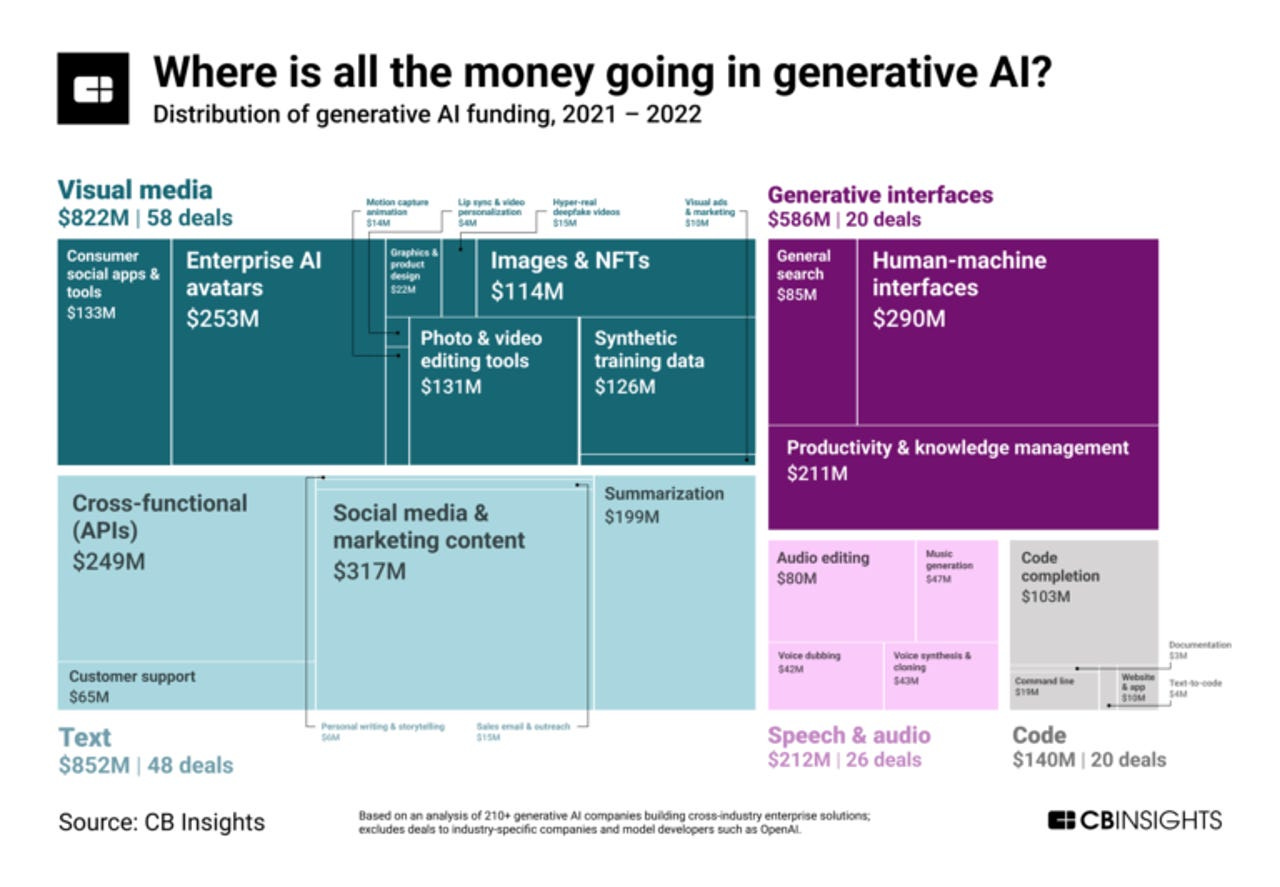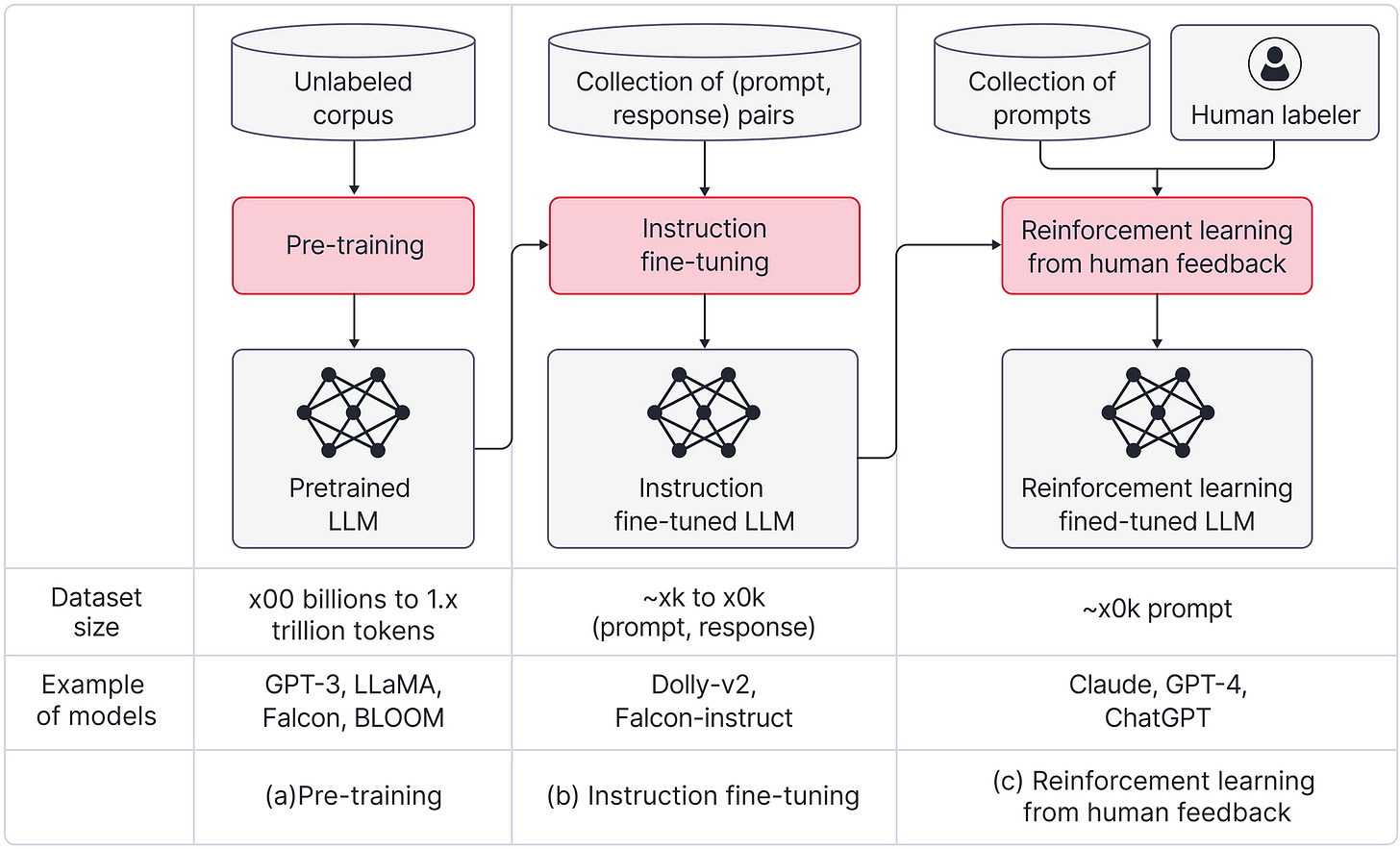Hi Fintech Futurists —
Welcome back to our podcast series! For those that want to subscribe in your app of choice, you can now find us at Apple, Spotify, or on RSS.
In this conversation, we chat with Chandini Jain - CEO and founder of Auquan. She has 6+ years of global experience in finance. She started her career with Deutsche Bank Mumbai/New York and worked as a derivatives trader with Optiver, the world's largest market-maker, in Chicago and Amsterdam from 2013-2016. Since 2017, she has been working on Auquan, an early stage fintech startup bridging the gap between data science and finance. At Auquan, she is employing new and cutting edge ML and Deep Learning techniques to solve financial prediction problems.
Fintech Meetup Delivers Results! Fintech Meetup (March 3-6) is the best place to find new business, partnerships and opportunities. Attendees & sponsors say Fintech Meetup is “the highest ROI event” with reasonably priced sponsorships, tickets, and rooms. Meet everyone for any reason across every use case over 45,000+ double opt-in meetings, and Network with 5,000+ attendees.
Topics: artificial intelligence, AI, generative AI, capital markets, fintech, deep learning, LLM, Natural language models
Tags: Auquan, Optiver, Apple, Meta, ChatGPT, RAG AI, Andreessen Horowitz, A16z
👑See related coverage👑
Fintech: WhatsApp in-chat payments launching in India; $131MM valuation for Wealthtech Farther
[PREMIUM]: Long Take: What should we do with a psychotic AI in finance?
[PREMIUM]: Long Take: Generative AI creates the surreal search engine of our dreams
Timestamp
1’22”: Navigating Flying High: From Career Beginnings to Tackling Complex Problems
6’49”: Exploring Capital Markets: Finding Alpha and Transitioning to Entrepreneurship
15’20”: Building an Investment Solution: From Concept to Market-Ready Product
21’55”: Unlocking Private Equity Deal Insights: How to Leverage Auquan’s AI Services
26’37”: Demystifying AI in Financial Services: Core Trends and Model Insights
35’09”: Unlocking the Semantic Cosmos: AI Breakthroughs and Evolution in Knowledge Representation
41’24”: AI in Financial Services: Navigating the Bayesian Landscape of Probability and Accuracy
45’03”: The channels used to connect with Chandini & learn more about Auquan
Sneak Peek:
Chandini Jain:
…the fact that you could just take a text, extract two companies and run it through a model and the model would output and say, "Yep, these two companies are suppliers." It's amazing. How does the machine learn to understand that? And that is pretty where we are now. So, what's happening now is just incredible in terms of the possibilities of what can be done. So yeah, so we were talking about language models. Essentially what a language model is, it's just a store of information. It's just a massive, massive, massive store of information. Bert had, I will have to, don't fact check me on this, but whatever number of parameters that Bert was trained on, you can just think of, Bert was trained to store certain amounts of information based on the knowledge corpus that it was trained on.And training a model requires a lot of compute and requires time. And so that is why originally, we were training smaller models and then we started training slightly larger models which had a larger number of dimensions. The more dimensions the model has, the more information it can store. And Bert at the time was revolutionary, because at that time one of the largest models that was trained, and I think what we recognized was that the larger and the larger the models can get, the more and more information they can store. And based off of that, they can make more and more inferences, make more and more semantic connections. And from that we then got into the era of large language models, which is where things like Lama and GPT and Claude and Coherent, those companies fit in. What they essentially are is just a very, very large language model.
So, you've taken Bert, but you now have a lot more parameters in the model and you've used a lot more compute to train that model and you've just trained it on a much, much, much larger training dataset. Imagine if you would have a person that just read all of the internet and they just know it and they just remember it. That's basically what a large language model is. And you've built capabilities into the system. The way you train that model, you've built capabilities into the system that it has in Prince Powers. It's actually quite simplistic, because what you're really doing is training the model to say what word will come next? You give it a piece of text and you say, "Can you predict what word will come next? And can you make this prediction based on this massive giant memory that you have of all of the internet and all of the books that are ever written and everything that's on Wikipedia, everything?"
But just training a model to do that, what word will come next? It ends up learning so many patterns that then you can start doing things like talking to that model and being amazed at the fact that, "Oh, I asked a bot a question and gave me such a coherent answer, a linguistically correct answer that makes sense." But that's really where we are now.
Now, to your point of is this enough? It's not, actually. I'll send you the links to these if you're interested, but there's something that I was listening to yesterday with…
If you would like to access the full transcript, subscribe below.
Shape Your Future
Wondering what’s shaping the future of Fintech and DeFi?
At the Fintech Blueprint, we go down the rabbit hole in the DeFi and Fintech world to help you make better investment decisions, innovate and compete in the industry.
Sign up to the Premium Fintech Blueprint newsletter and get access to:
Blueprint Short Takes, with weekly coverage of the latest Fintech and DeFi news via expert curation and in-depth analysis
Web3 Short Takes, with weekly analysis of developments in the crypto space, including digital assets, DAOs, NFTs, and institutional adoption
Full Library of Long Takes on Fintech and Web3 topics with a deep, comprehensive, and insightful analysis without shilling or marketing narratives
Digital Wealth, a weekly aggregation of digital investing, asset management, and wealthtech news
Access to Podcasts, with industry insiders along with annotated transcripts
Full Access to the Fintech Blueprint Archive, covering consumer fintech, institutional fintech, crypto/blockchain, artificial intelligence, and AR/VR
Read our Disclaimer here — this newsletter does not provide investment advice and represents solely the views and opinions of FINTECH BLUEPRINT LTD.
Want to discuss? Stop by our Discord and reach out here with questions
















